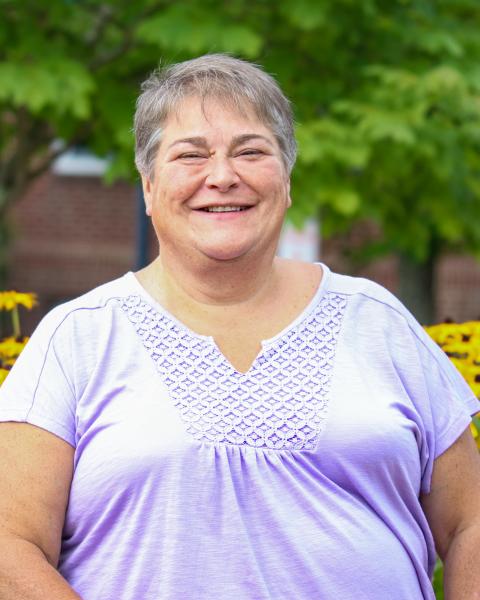Need Behavioral Health Crisis Support? Contact the NH Rapid Response Access Point, 24/7
Too many people are experiencing mental health and substance use related distress without the support and care they need and, sadly, the pandemic has only made a bad situation worse when it comes to mental health and wellness in New Hampshire. There are urgent realities driving the need for crisis service transformation across the state. In 2020 alone, NH experienced:
- 234 deaths by suicide
- 393 deaths due to drug overdose
- 48 of these suicide and drug overdose deaths were people under the age of 24
- For 10- to 14-year-olds, suicide was the number one cause of death.
- For 15- to 34-year-olds, suicide was the number two cause of death.
- For all other age groups, suicide was among the nine leading causes of death.
There is hope. Contact the Rapid Response Access Point at 833-710-6477 or visit NH988.com. It’s free and confidential.
NH Rapid Response Access Point is available 24 hours a day, 7 days a week – including holidays – by phone, text or chat to support you in your time of need. If you or someone you care about is having a mental health or substance use crisis, you can call and speak to trained and caring staff.
The NHRRAP is prepared to respond immediately and is staffed with trained intake specialists, licensed clinicians and peers who really listen to what individuals are going through. If needed, a team member from a community mental health center may come meet you right where you are – in your home or another location in the community.
Not sure if you should call? A mental health crisis is when someone has an acute and potentially dangerous increase in the symptoms of their mental illness. The symptoms become so severe that the person may be unable to function in their daily life, and they may engage in self-destructive behaviors. In the most serious circumstances, the person may have suicidal thoughts or actions.
Common signs for concern include:
- Talking or thinking about harming or killing oneself or others
- Seeking guns, pills or other ways to kill oneself
- Talking or writing about death, dying or killing oneself
- Feeling hopeless
- Feeling very angry or looking for revenge
- Acting recklessly or engaging in unsafe activities
- Feeling trapped, like there is no way out
- Increasing alcohol or drug use
- Pulling away from friends and family
- Feeling worried or irritated
- Having trouble sleeping or sleeping all the time
If you, or a loved one, are experiencing any of the concerns listed above, call the NH Rapid Response Access Point. They will listen and help guide you to the appropriate resources.
Check Out Our New Health & Well-Being Page
Our specialists help create healthy people and healthy places in New Hampshire.
Featured LINK
Mental Health Resources for New Hampshire - a printable county-specific guide to help New Hampshire residents find local, state, and national mental health resources.

